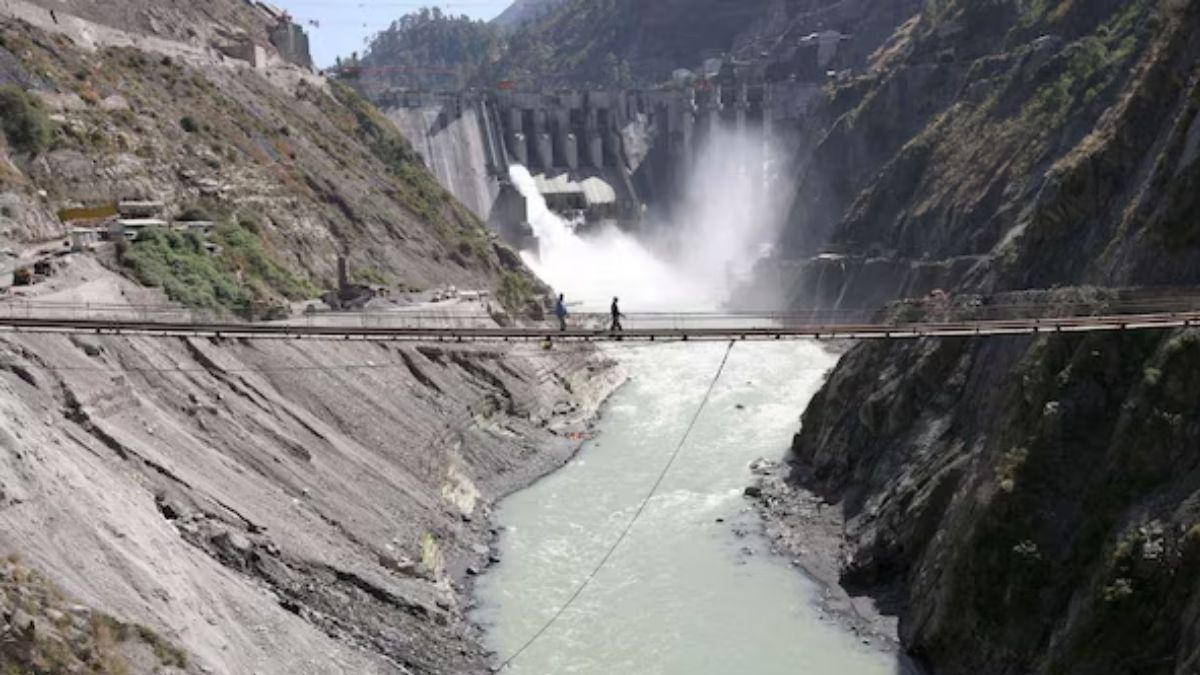Union Power Minister Manohar Lal Khattar on Tuesday said that India plans to increase water storage for new hydroelectric projects in Jammu and Kashmir that are still in the early stages. However, there will be no changes to projects already under development.
“As far as the Indus Waters Treaty is concerned, no changes will be made to ongoing projects since their technical details are already finalised. But for projects still in the planning stage, we can consider more water storage and power generation,” Khattar said.
The move comes after the government put the Indus Waters Treaty with Pakistan on hold following the 22 April terror attack in Pahalgam. The treaty limits water storage in hydro projects along the Indus river basin. Now, India is expected to allow greater storage for new projects.
Four new hydro projects awaiting construction
Currently, four hydroelectric projects in Jammu and Kashmir have received approval from the Central Electricity Authority (CEA), but construction has not yet started.
These include:
New Ganderbal (93 MW) on the Sindh Nallah
Kirthai-II (930 MW) and Sawalkot (1,856 MW) on the Chenab
Uri-I Stage-II (240 MW) on the Jhelum
As of April, all four are designed as run-of-the-river projects, with three allowing only limited water storage.
Indus Waters Treaty put on hold
The Indus Waters Treaty, signed in 1960 after negotiations between India and Pakistan, was placed in abeyance following the Pahalgam terror attack, in which Pakistan-based terrorists killed 26 people, mostly tourists.
India said the treaty would remain suspended until Pakistan “credibly and irrevocably abjures support for cross‑border terrorism”.
India’s tactical response
India also briefly blocked water flows through the Baglihar Dam and carried out reservoir flushing operations at both Salal and Baglihar—actions taken without notifying Pakistan, in a break from standard treaty procedure.
Pakistan protests treaty suspension
A rattled Islamabad has termed the suspension “illegal” and akin to “water warfare”, sending at least four official letters to India demanding restoration of the treaty. Pakistan has called the move a violation of international norms and a threat to regional water security.
)